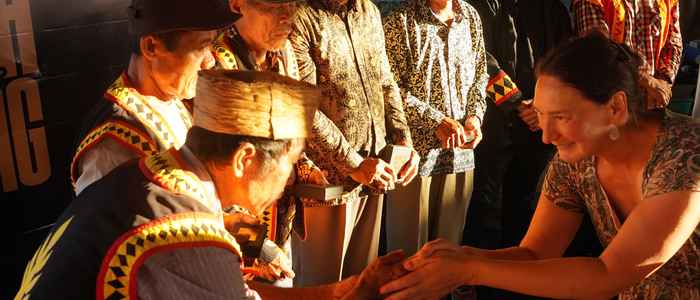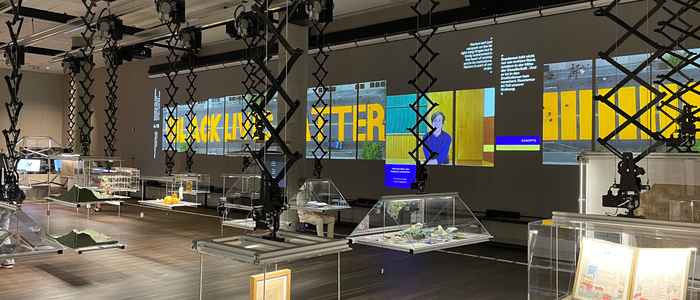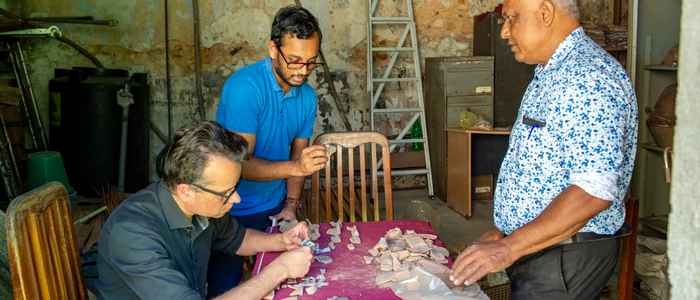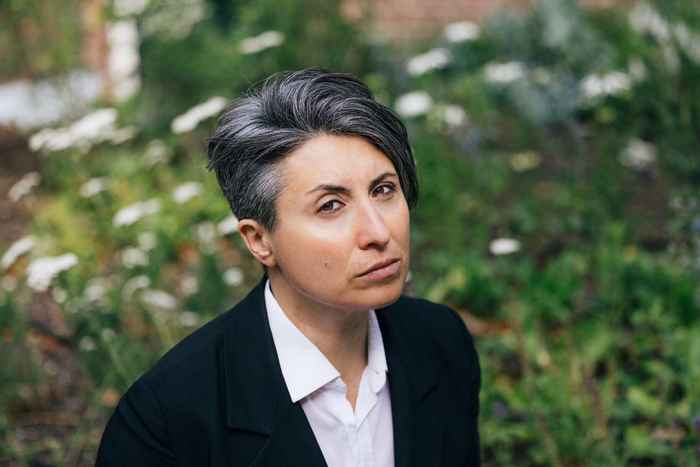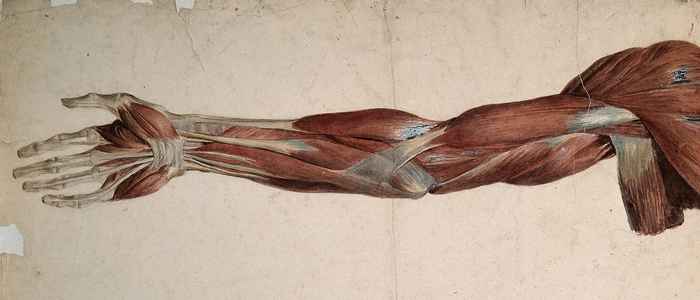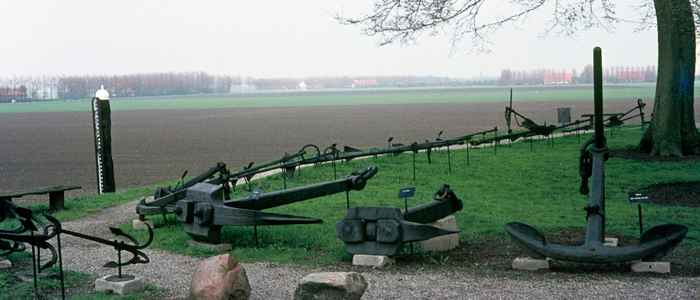Cultural Heritage and Identity at the Faculty of Humanities
Cultural heritage spans material and immaterial forms across physical and digital sites of memory. Dynamic rather than fixed, it evolves through national rituals and transnational circulation. Heritage can be harnessed for diverse agendas. It plays a crucial role in socio-political processes of inclusion and exclusion, and helps address issues such as diversity and migration. Studying and preserving heritage yields policy-relevant insight from a unique humanities perspective.
Heritage has a long tradition at the Faculty of Humanities, and is closely linked to social and technological change, especially in dynamics of conflict and memory. Two sub-themes are embedded in teaching and research: Material and Immaterial Heritage (with a strong interdisciplinary input from Digital Humanities) and Cultural Heritage and Social Change.
The interdisciplinary group of researchers formed ‘Heritage beyond Heritage’: a programmatic agenda that reflects on the political uses of heritage and co-develops strategies with societal partners to facilitate public debate.
